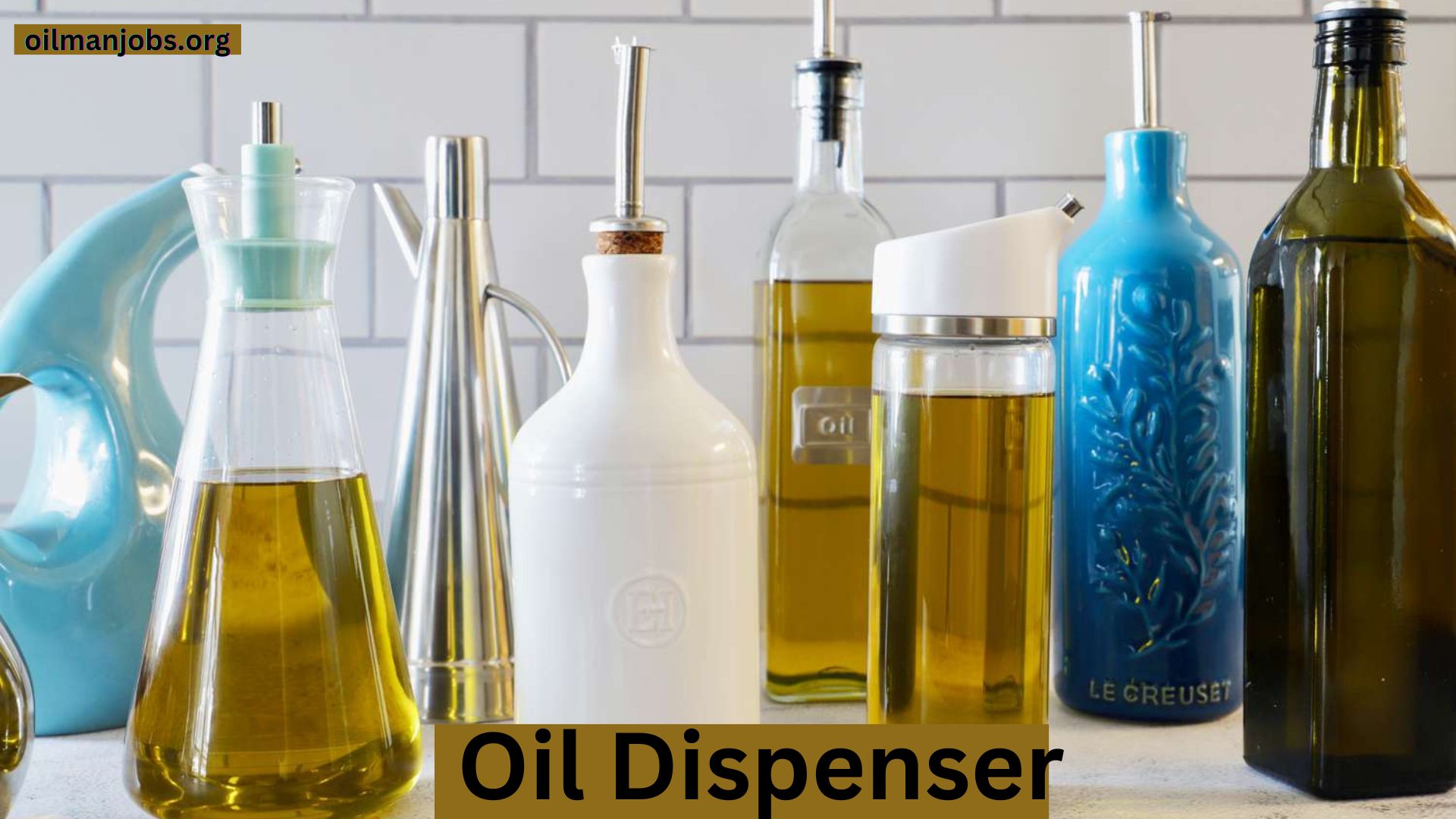Definition of an Oil Burner Pipe
An oil burner pipe is an essential factor in diverse heating systems and commercial strategies. It’s miles designed to move gas oil from a storage tank to the burner, wherein it is mixed with air and ignited to supply warmness. Those pipes are crucial for the green operation of oil burners, which can be used in residential heating, commercial boilers, and energy technology.
Importance and Relevance in Diverse Industries
Oil burner pipes play a massive function in retaining the performance and protection of heating structures and business methods. In residential settings, they ensure a consistent supply of fuel for heating houses. In industrial programs, they’re important for the operation of boilers and other systems that require constant fuel delivery. Their significance extends to electricity plants in which they contribute to the efficient manufacturing of strength.
Ancient heritage
The use of oil burner pipes dates back to the early 20th century when oil heating systems began to gain recognition. Over the many years, advancements in substances and manufacturing strategies have brought about the improvement of greater durable and efficient pipes, catering to the evolving desires of diverse industries.
2. Forms of Oil Burner Pipes
Residential Oil Burner Pipes
Those pipes are commonly smaller in diameter and designed to healthy the requirements of domestic heating structures. They’re often crafted from substances that provide top resistance to corrosion and wear, ensuring long-term reliability.
Commercial Oil Burner Pipes
Business pipes are large and more strong, designed to address higher pressures and flow quotes. They’re used in industrial boilers and other heavy-responsibility applications in which sturdiness and overall performance are vital.
Custom vs. Widespread Pipes
Custom oil burner pipes are tailor-made to specific necessities, together with particular dimensions or material specs. Well-known pipes, however, are synthetic to fulfill trendy enterprise requirements and are to be had in various sizes and substances.
3. Materials Used
Chrome steel
Stainless steel is a popular preference for oil burner pipes due to its awesome resistance to corrosion and high temperatures. It’s miles appropriate for each residential and industrial package.
Copper
Copper pipes are recognized for their awesome thermal conductivity and resistance to corrosion. They’re often used in packages where an efficient warmness switch is important.
Brass
Brass is a durable fabric that gives excellent resistance to corrosion and put on. It’s far more commonly used in situations in which stability between electricity and cost is wanted.
Aluminum
Aluminum pipes are lightweight and resistant to corrosion. They are utilized in applications wherein the weight is a subject, however, they may not be as durable as stainless steel or brass.
4. Technical specs
Dimensions and Sizes
Oil burner pipes are available in various dimensions and sizes to healthy special packages. Well-known sizes encompass half-inch, three/four-inch, and 1-inch in diameter, however, custom sizes are also to be had.
Stress ratings
The pressure score of an oil burner pipe indicates the most strain it may resist. This is a vital issue in ensuring the pipe’s safety and overall performance in excessive-strain applications.
Temperature Tolerances
Oil burner pipes should be capable of facing up to excessive temperatures without degrading. Substances are decided on based on their ability to maintain integrity underneath the operating temperatures of the gadget.
Float capacity
The go-with-the-flow capability of a pipe determines how a good deal of gasoline may be transported within a given time frame. This is a vital consideration for ensuring the efficient operation of the burner.
5. Packages of Oil Burner Pipes
Domestic Heating structures
In residential heating structures, oil burner pipes transport gas from the tank to the burner, offering the essential gasoline for domestic heating.
Commercial Boilers
Business oil burner pipes are used in boilers to deliver fuel for steam and warm water production. They need to manage high pressures and temperatures.
Energy flowers
In strength flora, oil burner pipes play a function in providing gas for producing strength. Their performance without delay influences the performance of the electricity era procedure.
Specialized device
Oil burner pipes are also utilized in specialized equipment, together with incinerators and furnaces, in which precise gasoline transport is needed.
6. Advantages of using Oil Burner Pipes
Performance in gasoline consumption
Oil burner pipes make sure that gasoline is brought efficiently to the burner, which helps in optimizing gasoline consumption and reducing wastage.
Durability and durability
Remarkable oil burner pipes are designed to withstand harsh conditions and have a long carrier existence, lowering the need for frequent replacements.
Preservation and cleansing advantages
Oil burner pipes are designed to be clean to be easy and preserve, which helps in stopping blockages and ensure easy operation.
7. Demanding situations and boundaries
Corrosion issues
Corrosion can be a full-size issue, especially in pipes uncovered to moisture or harsh chemical compounds. Choosing the proper fabric can mitigate this trouble.
Clogging and Blockages
Through the years, oil burner pipes can become clogged with sediment or debris, affecting their performance. Normal renovation is important to prevent this problem.
Compatibility with extraordinary Fuels
Not all oil burner pipes are compatible with each sort of fuel. Ensuring compatibility is essential for maintaining machine efficiency and protection.
Eight. Brand innovations in Oil Burner Pipes
New substances and Coatings
Current improvements include the development of recent substances and coatings that enhance the sturdiness and performance of oil burner pipes.
Superior production strategies
Advancements in manufacturing techniques have brought about the production of more particular and dependable oil burner pipes.
Smart generation Integration
Clever era is being incorporated into oil burner systems, taking into account greater green tracking and manipulation of gasoline delivery.
9. Set up and renovation
Step-via-Step installation manual
Instruction: make certain the machine is turned off and all safety precautions are in place.
Measurement: measure and cut the pipe to the required duration.
Connection: join the pipe to the burner and other components using appropriate fittings.
Checking out: check for leaks and make sure the right alignment.
Ordinary maintenance tips
Inspect the pipes regularly for signs of damage or damage.
Smooth the pipes to get rid of any particles or buildup.
Update any broken or corroded sections promptly.
Troubleshooting not unusual issues
Leaks: test for loose connections or damaged fittings.
Clogging: clean any blockages and smooth the pipe as wished.
Pressure troubles: verify that the pressure score is suitable for the machine.
10. Protection issues
Handling and garage Precautions
Save pipes in a dry, clean environment to prevent damage.
Take care of it with care to avoid dents or other physical damage.
Safety guidelines and standards
Adhere to enterprise standards and policies to ensure the secure installation and use of oil burner pipes.
Emergency reaction tactics
Have a plan in the region for dealing with leaks or different emergencies.
Make certain that every employee is educated in emergency processes.
11. Comparative analysis
Evaluation with other sorts of Burner Pipes
Examine oil burner pipes with options consisting of fuel burner pipes or electric heating elements to decide the first-rate fit for precise applications.
Fee vs. Performance evaluation
Examine the value of oil burner pipes towards their performance and lifespan to determine their universal value.
12. Consumer guides and Tutorials
Unique usage instructions
Offer clear instructions for using oil burner pipes, together with installation, operation, and upkeep processes.
Common Misconceptions and Fixes
Deal with commonplace misconceptions approximately oil burner pipes and offer answers for commonplace problems.
Professional tips
Share guidelines and recommendations from industry specialists to help users make knowledgeable choices.
13. Expert Insights
Rates from industry experts
“Incorporating outstanding materials in oil burner pipes is crucial for making sure lengthy-time period reliability and performance.” — industry professional
Case research and real-global programs
Talk case studies wherein oil burner pipes have appreciably improved machine overall performance and efficiency.
14. Future potentialities
Rising developments in the Oil Burner Pipe era
Discover new developments and technologies that could affect the destiny of oil burner pipes, such as advanced materials and automation.
Predictions for enterprise growth and modifications
Talk about potential adjustments in the enterprise and how they might affect the development and use of oil burner pipes.
15. End
Recap of Key points
Oil burner pipes are crucial components in heating systems and business tactics. Information on their sorts, substances, and packages can assist in choosing the right pipe for precise desires.
Final mind the significance of Oil Burner Pipes
The importance of oil burner pipes cannot be overstated. They make certain green gas shipping and make contributions to the overall performance and safety of heating structures and business devices.
Call to the movement for further research and education
For those inquisitive about learning more about oil burner pipes, similar research and consultation with enterprise experts are advocated. Live informed approximately improvements and first-rate practices to ensure the most reliable performance and protection.




